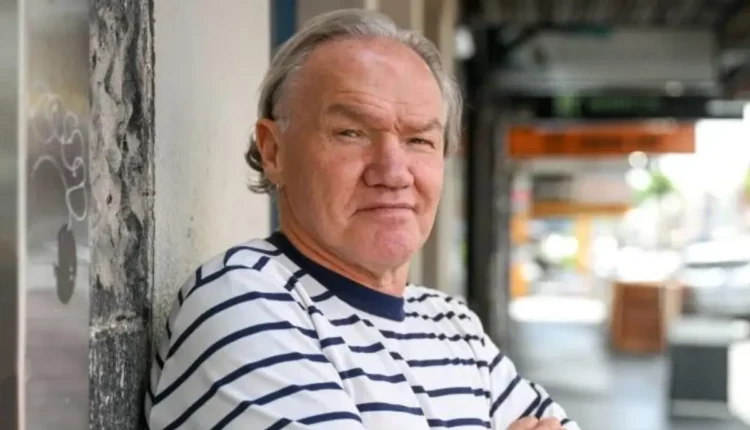Tony Birch, born around 1957, is an Aboriginal Australian author, academic, and activist whose work spans the realms of literature, academia, and advocacy. A recipient of the prestigious Patrick White Award, Tony Birch uses his voice to champion Indigenous issues and confront social injustices. His journey from a tumultuous childhood to becoming one of Australia’s most celebrated authors is a story of resilience, courage, and a relentless drive to make a difference.
Early Life and Ancestral Heritage
Tony Birch’s heritage is as rich and diverse as the stories he tells. His maternal great-grandfather, an Afghan migrant, arrived in Australia in 1890 and faced numerous challenges under the restrictive Immigration Restriction Act of 1901. Birch also traces his ancestry back to James “Prince” Moodie, a Barbadian convict transported to Tasmania, and his Aboriginal roots play a profound role in shaping his identity and his works.
Raised in Fitzroy, a once-working-class suburb of Melbourne, Tony Birch experienced a challenging childhood. His father’s struggles cast a shadow over his early years, leading Birch to leave school at the age of 15. He took on various jobs, from being a telegram boy to fighting fires, each role shaping his perspective on life and deepening his empathy for those on society’s fringes.
Pursuing Education and Academic Success
Despite his early departure from formal education, Birch’s curiosity and determination led him back to school as a mature student. At 30, he enrolled at Melbourne University, where he later earned a Ph.D. in history, receiving the Chancellor’s Medal for his outstanding academic achievements. This accomplishment marked a turning point in his life, solidifying his commitment to the transformative power of education and storytelling.
Birch’s academic career flourished, and he eventually became head of the Honours program in Creative Writing at the University of Melbourne. In 2015, Tony Birch was awarded the Dr. Bruce McGuinness Indigenous Research Fellowship at Victoria University, where he continues to be a research fellow. His work there includes student mentoring, community engagement, and developing creative writing projects that amplify Indigenous voices.
A Voice for the Voiceless in Literature
Tony Birch’s works are renowned for their vivid portrayal of life on the margins. His novels often explore themes central to Indigenous identity, such as colonial oppression, dispossession, and the scars left by the Stolen Generations. With each book, Tony Birch sheds light on the generational trauma experienced by Indigenous Australians, yet his stories are infused with resilience, hope, and humanity.
His critically acclaimed novels include Blood, which earned him a spot on the Miles Franklin Award shortlist, and Ghost River, which won the Victorian Premier’s Literary Award for Indigenous Writing in 2016. Through these works, Birch champions the experiences of those who have been historically marginalized, drawing readers into worlds where empathy and understanding bridge cultural divides.
In Women & Children, his latest novel, Birch addresses domestic violence—a topic he knows all too well. With unflinching honesty, he explores the impact of abuse on children, drawing from his experiences and portraying the complex dynamics within families.
Activism Rooted in Experience
Birch’s activism is a natural extension of his literary work. He is deeply committed to the fight for climate justice and Indigenous rights. As an active member of the native title movement, Birch advocates for the recognition of Indigenous land rights and frequently donates a portion of his prize money to Indigenous youth organizations dedicated to environmental causes. He collaborates with organizations like Seed, which empowers young Indigenous Australians to lead climate campaigns in their communities.
His activism also addresses broader social issues, from confronting systemic racism to advocating for meaningful reconciliation. He has consistently used his platform to challenge misconceptions about Indigenous peoples, educating audiences through his powerful narratives and public appearances on ABC Radio and at writers’ festivals across Australia.
Running, Writing, and the Road Ahead
Beyond the written word, Tony Birch is also an avid long-distance runner, a practice he began in his twenties that has provided him with physical and mental discipline. Running along the banks of the Merri Creek and the Yarra River, he finds solace and connection to the land, a theme that frequently appears in his works.
Also Read:Trump’s Plan to End Immigration Protections Could Impact 2.7 Million Lives

